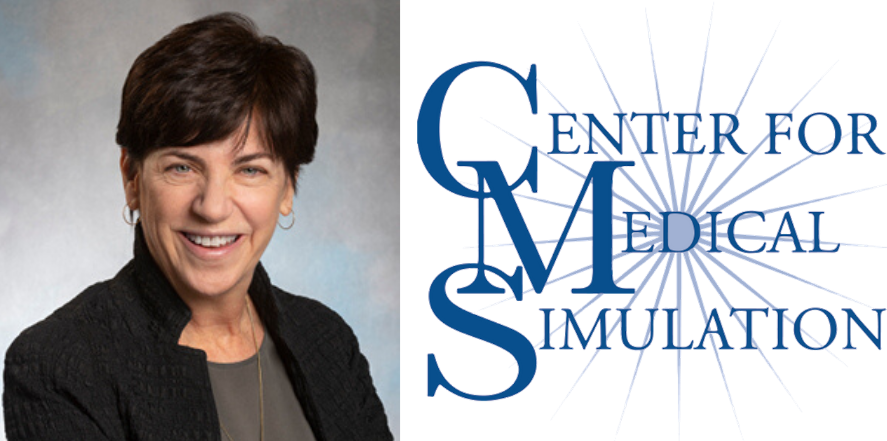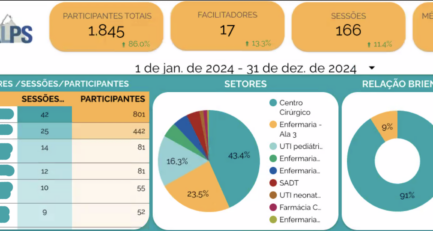
“Giving feedback” and “receiving feedback” are two topics that managers, clinicians, educators, and leaders want more training in.
“Feedback is an opportunity to build trusting relationships with learners, colleagues, and supervisors by respectfully discussing concerns (or affirmations) of events or patterns of behavior,” explains Jo Shapiro, MD, FACS. “It puts us in a growth mindset, which is highly rewarding.”
Starting in March, Dr. Shapiro and Janice Palaganas, PhD, will co-lead The Feedback Course, a new online webinar offered by the Center for Medical Simulation (CMS). Designed for anyone who wants to learn how to give effective feedback, the course will meet six times over the course of seven weeks.
“I’m excited about The Feedback Course because I believe giving feedback is a powerful pedagogic and relational skill that we often underutilize,” says Dr. Shapiro. “We underutilize feedback conversations because they can be challenging. This course provides training for this skill in a facilitated group experiential, longitudinal modality.”
Limited seats for The Feedback Course’s inaugural class are available. Participants interested in learning how to give effective feedback can apply for the course at: https://harvardmedsim.org/course/the-feedback-course/
About Jo Shapiro
Dr. Shapiro is an associate professor of Otolaryngology Head and Neck Surgery at Harvard Medical School. She is a Principal Faculty member for the Center for Medical Simulation in Boston and a Consultant for the Massachusetts General Hospital Department of Anesthesia, Pain and Critical Care.
In 2008, she founded the Brigham and Women’s Hospital Center for Professionalism and Peer Support where she served as the director for over 10 years. During that time the Center became a model for national and international institutions seeking methods to enhance trust and respect and improve clinician wellbeing. She continues to assist organizations in developing specific programmatic approaches such as peer support, professionalism and wellbeing initiatives.
She is involved in global health medical education and training including Professor of Professional Behavior and Peer Support in Medicine through the academic track at Groningen University Medical Center in The Netherlands; Visiting Professor and Otolaryngology Residency Program Advisor for Mbarara University of Science and Technology (MUST) in Uganda; and having served as a member of the Israeli Commission for Higher Education International Committee for the Evaluation of Medical Schools in Israel. In 2019 she was awarded an Honorary Fellowship in the Royal College of Surgeons Ireland.

